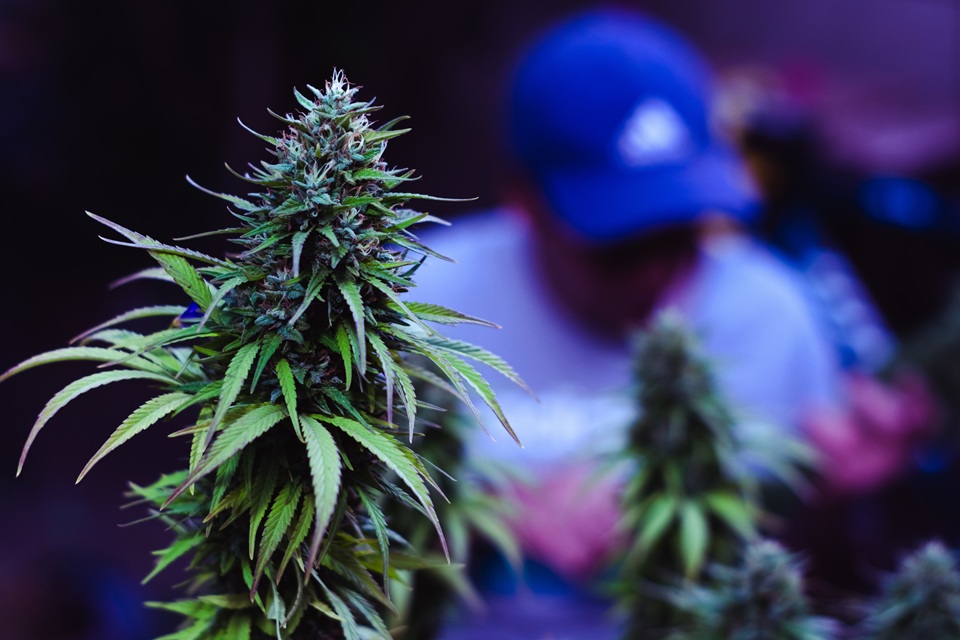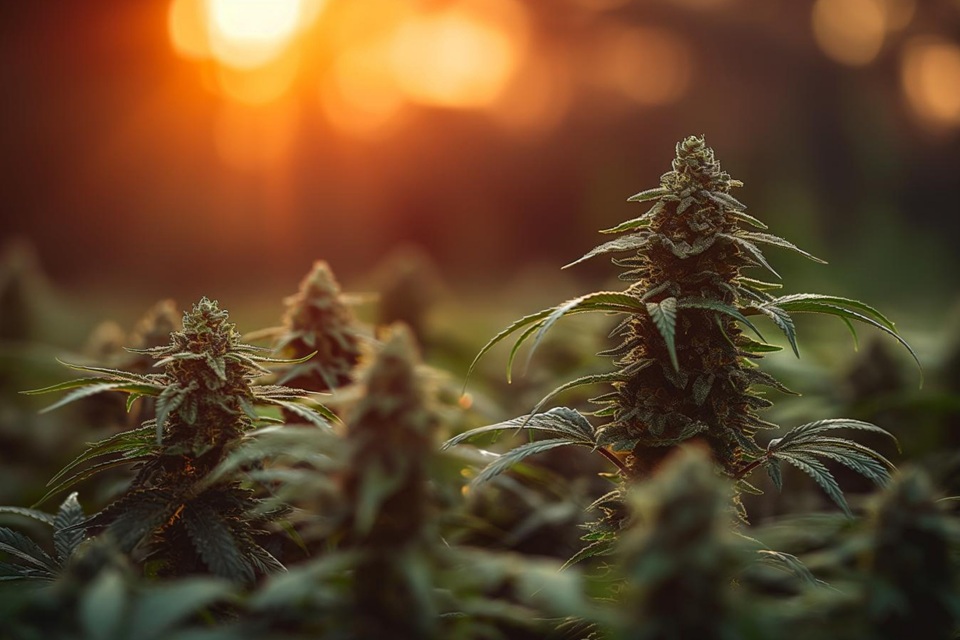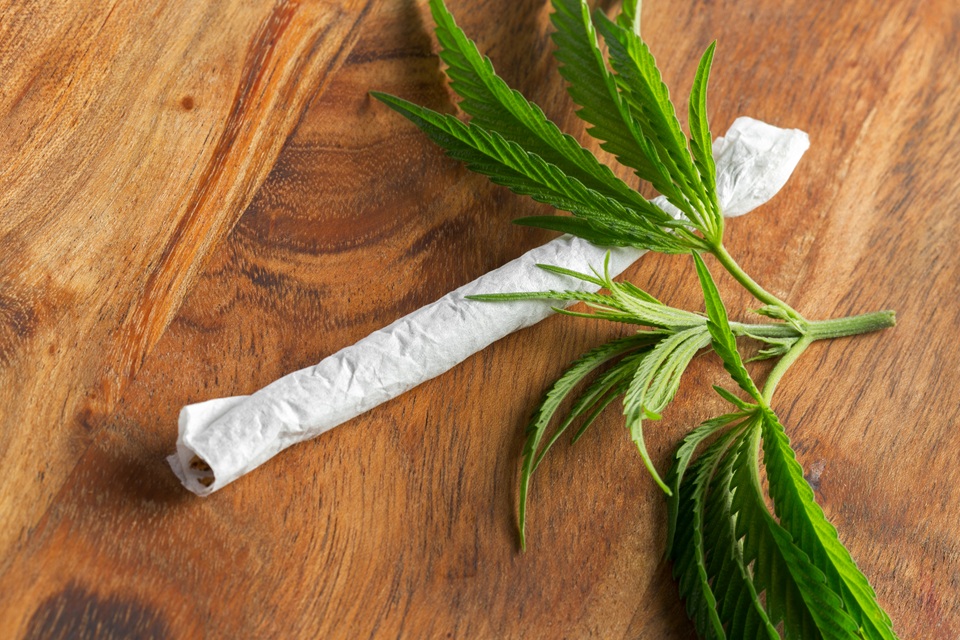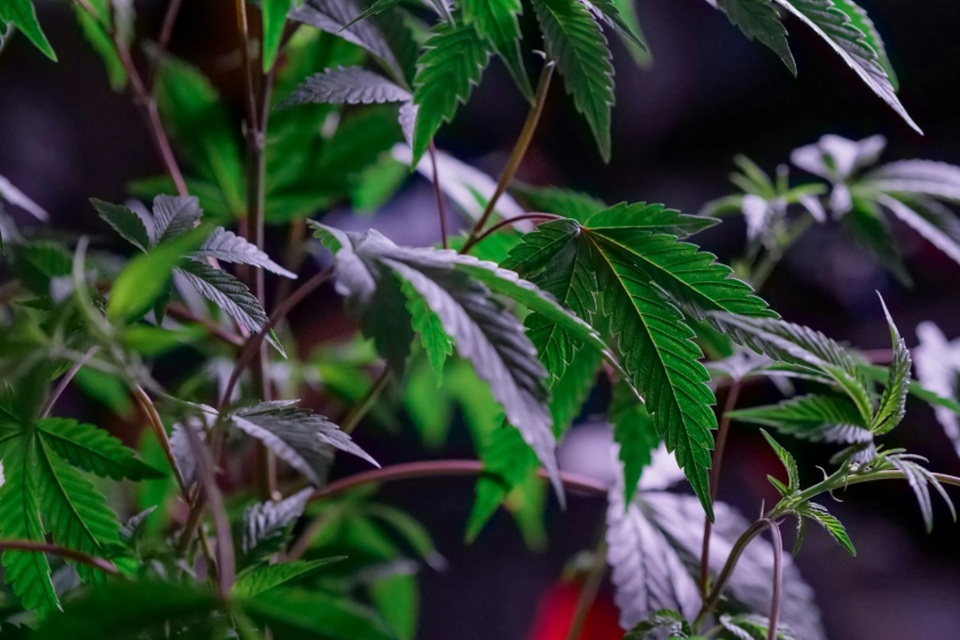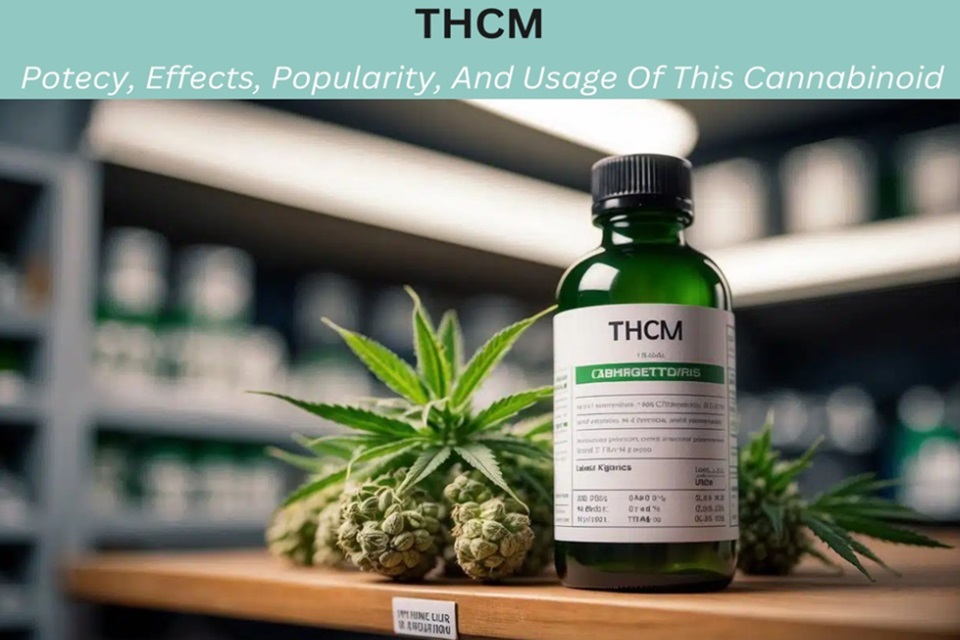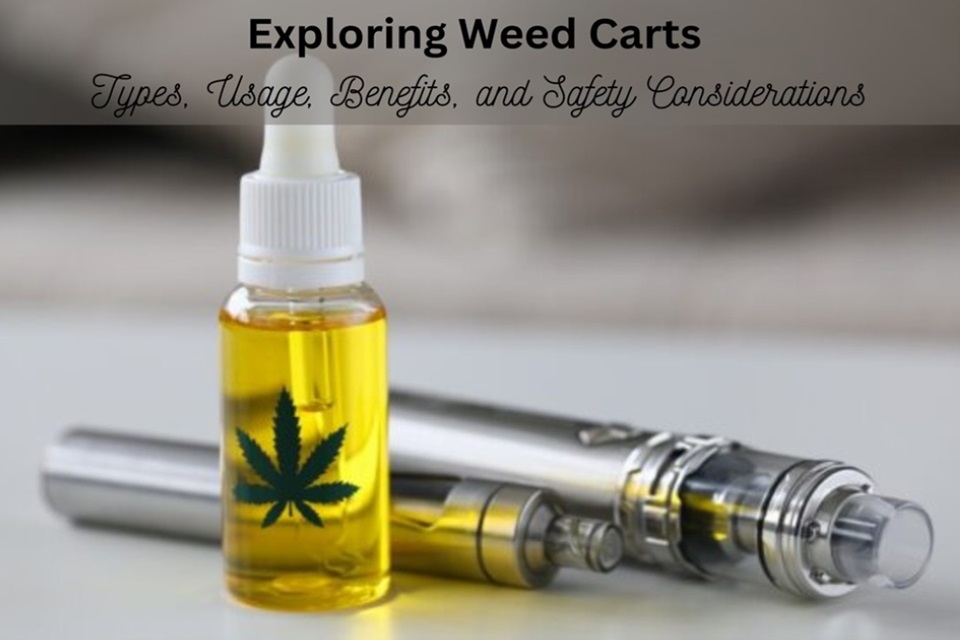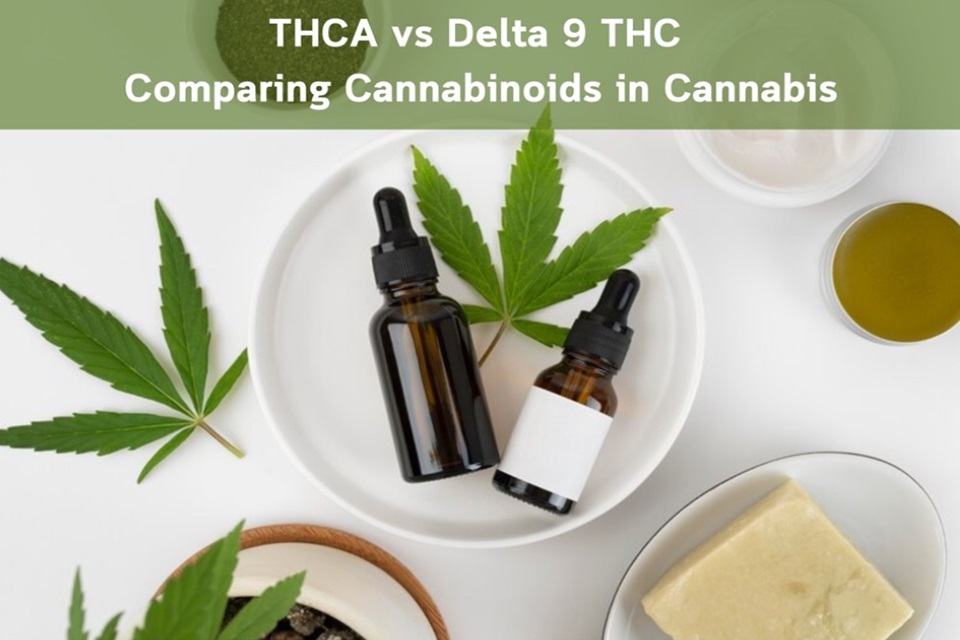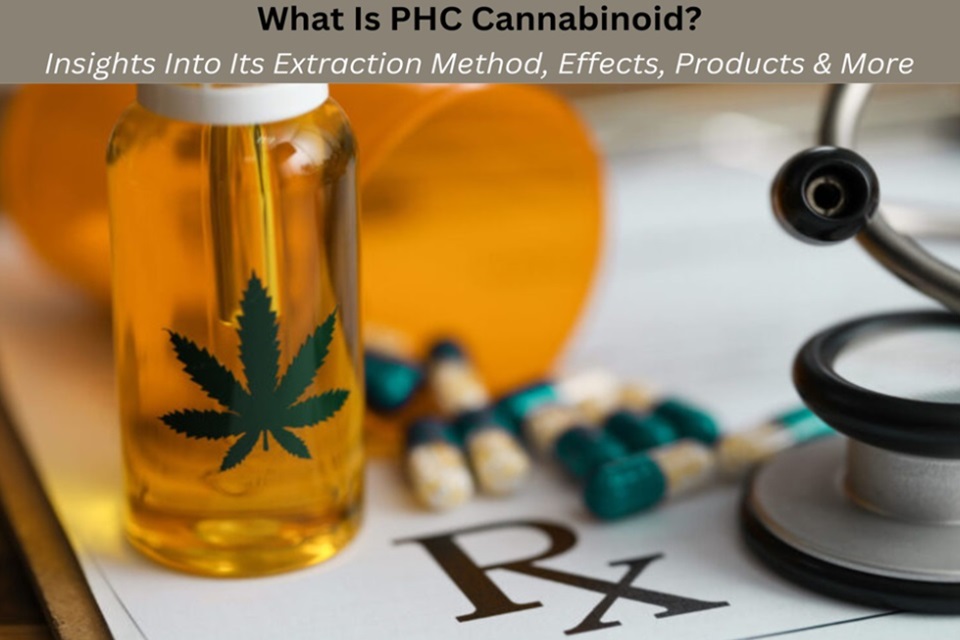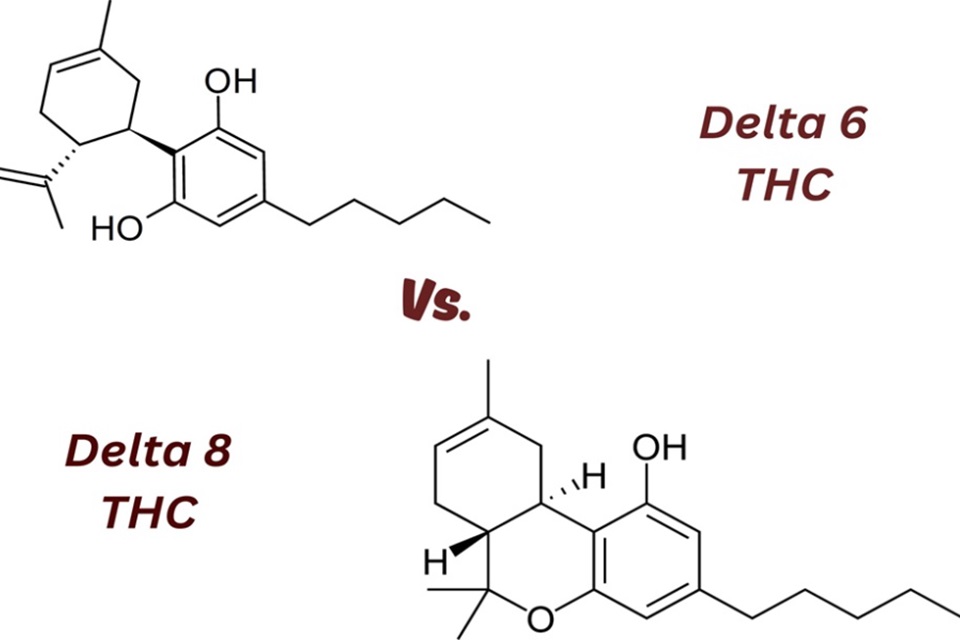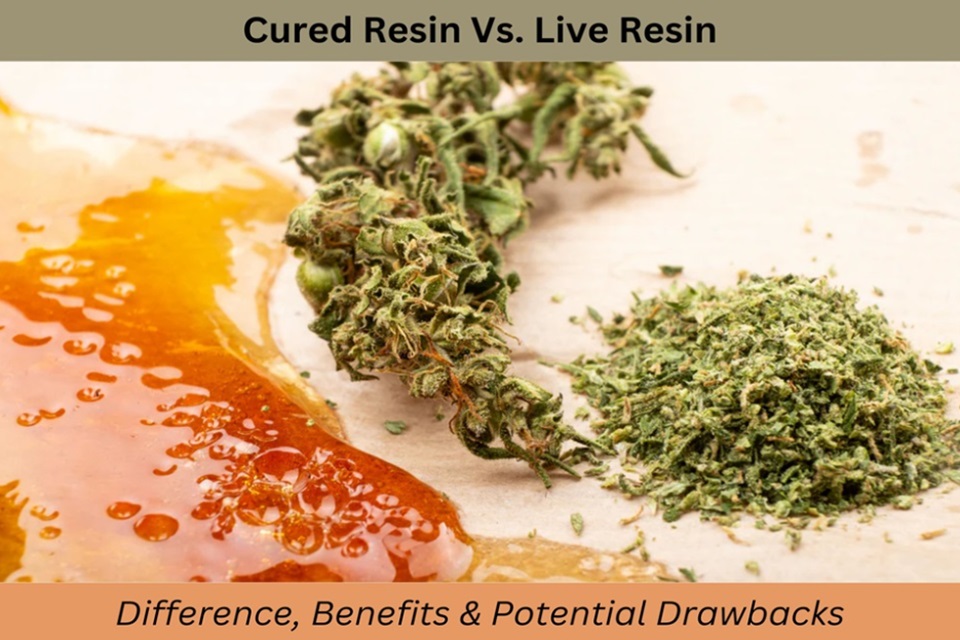Key Takeaways:
- Discover the intersection of science and craftsmanship in cannabis production.
- Understand the importance of genetics and cultivation methods in product quality.
- Learn how different consumption methods can enhance your cannabis experience.
Introduction To Cannabis Craftsmanship
In the nuanced world of cannabis, producing superior products is an intricate exercise in balancing scientific innovation with artisanal expertise. Achieving this equilibrium necessitates an in-depth knowledge of cannabinoid and terpene chemistry and intuitive abilities refined over years of practical cultivation experience. Brands like Ayrloom exemplify this harmonious fusion, demonstrating how blending precision science with creative artistry can result in premium offerings. These companies don’t merely cultivate plants—they cultivate curated experiences that cater to a diverse consumer base’s evolving tastes and expectations.
From genetic influences to the nuances of harvesting and processing, every phase of cannabis production is crucial in determining the final user experience. Today’s cannabis enthusiasts are more discerning than ever, seeking not just potency but flavor complexity, aroma profiles, and environmental sustainability. This growing interest has fueled a renaissance in cannabis craftsmanship, where producers are expected to offer transparency, quality, and innovation at every step. This article unpacks the dynamic synergy between science and artistry and provides insights for curious consumers and industry insiders.
The Role Of Genetics In Quality
At the heart of every remarkable cannabis product lies careful genetic selection. Breeders employ traditional techniques and modern innovations to enhance specific plant traits—such as cannabinoid potency, terpene diversity, resistance to pests, and resilience to environmental stresses. Genetic modification and selective breeding enable cultivators to tailor strains to meet market demands, whether a CBD-rich flower for therapeutic use or a high-THC cultivar for recreational potency. By understanding cannabis genetics, one gains a broader perspective on the agricultural science that supports robust and adaptable plant varieties across industries.
Equally vital is the conservation of genetic diversity in cannabis plants. In a market often driven by trends, genetic variety ensures a reservoir of traits that can adapt to future environmental shifts and consumer needs. A robust genetic library helps protect against monoculture risks and encourages innovation through novel strain development. Breeders prioritizing diversity and stability create a foundation for more vigorous plants and a more resilient, sustainable industry capable of weathering future challenges.
Techniques In Cultivation
In the cultivation phase, theoretical knowledge transforms into tangible, physical results through deliberate, nuanced care. This is where a grower’s understanding of plant biology, environmental science, and cultivation technology must harmonize with real-world execution. Every choice made—selecting a growing medium, designing lighting strategies, crafting nutrient regimens, or implementing pest management protocols—profoundly shapes the plant’s final expression, influencing everything from cannabinoid potency to terpene richness and visual appeal. Cultivators must navigate a complex landscape where precision and intuition intertwine, and seemingly small decisions can ripple outward to affect overall crop success.
Growers face various cultivation techniques with unique trade-offs, challenges, and advantages. Soil-less systems like hydroponics and aeroponics offer heightened efficiency, rapid growth cycles, and precise control over environmental factors but demand intensive oversight and technical expertise to prevent imbalances or failures. Meanwhile, organic soil cultivation fosters a more natural developmental rhythm, encouraging the plant’s innate potential to express itself fully. It often results in deeper terpene profiles and a flavor complexity that resonates with connoisseurs. Mastery in cultivation goes beyond simply following protocols—it requires an adaptive mindset, responding to the subtle cues plants give, and adjusting in real-time to shifting conditions.
Newer innovations, such as vertical farming and fully integrated controlled-environment agriculture (CEA) systems, are pushing the boundaries of what is possible within cannabis production. By stacking crops in vertical layers within climate-controlled spaces, growers can dramatically boost yields while minimizing land use and water consumption—an increasingly critical advantage in a world facing environmental pressures. These technologies not only enhance production economics but also align with the industry’s growing commitment to sustainability, carbon footprint reduction, and regenerative agricultural practices, offering a vision of cannabis cultivation that is both profitable and planet-conscious.
Today’s cannabis consumers are increasingly invested in the story behind the products they choose. They care about how the plant was grown, under what conditions, and with what environmental and ethical considerations. As a result, cultivation practices have evolved from a behind-the-scenes process to a key point of brand differentiation. Companies emphasizing transparency, sustainability, and craftsmanship in their growing methods can build deeper trust and loyalty with their audience. In this new landscape, the cultivation phase is about growing plants and cultivating values, narratives, and lasting connections between growers, brands, and consumers.
Innovations In Harvesting & Processing
The harvest’s timing can influence the quality of the end product. Harvesting too soon may lead to immature cannabinoids and subdued terpene profiles, whereas harvesting too late can cause degradation and reduced potency. Experienced growers meticulously monitor plant maturity, often relying on microscopic trichome inspection to determine the precise moment of optimal cannabinoid and terpene development. As highlighted in Modern Harvest by NACSMagazine, advances in agricultural practices have further sharpened growers’ ability to maximize quality at harvest. Beyond timing, how the plant is handled immediately post-harvest—from trimming to curing—plays a vital role in preserving its delicate compounds.
Advancements in processing technologies have significantly elevated the standards for cannabis quality. When done correctly, modern curing techniques can refine flavor, smooth out harshness, and deepen the complexity of the aroma. Meanwhile, extraction technologies such as CO2 extraction and rosin pressing allow producers to craft pure, potent concentrates without compromising safety or environmental standards. These innovations have not only expanded the types of cannabis products available but also raised consumer expectations around purity, consistency, and overall experience.
Consumption Methods For Enhanced Experience
Today’s cannabis landscape offers a wide array of consumption methods, allowing users to tailor their experiences based on personal preference, lifestyle, and desired effects. Smoking flowers remain a traditional favorite, valued for their immediacy and ritualistic nature. However, vaping has surged in popularity as a cleaner, often more discreet alternative, offering nuanced flavor profiles and faster onset without the byproducts of combustion. These options cater to users seeking instant effects and tactile experiences with the plant.
Meanwhile, edibles, beverages, tinctures, and topicals have broadened the accessibility and versatility of cannabis consumption. Edibles provide a longer-lasting effect that is ideal for medical users or those seeking sustained recreational relief, while tinctures offer fast-acting, sublingual absorption. Topicals allow for localized, non-psychoactive applications of cannabinoids, expanding cannabis’s therapeutic potential. Each method influences onset time, intensity, and duration of effects, and ongoing innovation in this space promises even more personalized and precise delivery methods shortly.
Balancing Science & Art In Cannabis
The finest cannabis products result from a delicate interplay between scientific precision and artistic intuition. Cultivators use lab data—on soil composition, light exposure, cannabinoid levels, and terpene profiles—to inform their growing practices. Yet beyond the metrics, true artistry lies in the subtle, experience-based decisions: when to adjust humidity slightly during curing, how to hand-trim a bud without damaging its resin glands, or which strains to crossbreed for a truly novel expression. These choices are often made by feeling as much as by fact.
Brands that successfully balance these elements set themselves apart in a crowded marketplace. Scientific excellence ensures safety, consistency, and efficacy, while artistic craftsmanship delivers uniqueness, soul, and a memorable consumer experience. This holistic approach—where every detail matters—elevates cannabis from a commodity to a craft. As consumer sophistication continues to grow, the ability to balance hard science with creative passion will increasingly define the leaders of the next generation of cannabis producers.
Future Trends In Cannabis Craftsmanship
The future of cannabis craftsmanship is poised for exciting evolution, with sustainability taking center stage. Innovations in regenerative farming, water recycling, biodegradable packaging, and renewable energy integration will become critical benchmarks for industry leadership. As consumers become more eco-conscious, brands prioritizing environmental stewardship will enjoy enhanced loyalty and brand equity. Additionally, organic certifications and ethical sourcing will no longer be niche differentiators but mainstream expectations.
On the technological front, precision agriculture using AI, satellite imaging, and sensor technology will enable hyper-tailored cultivation practices that optimize yield, reduce waste, and enhance product consistency. Genetic mapping may empower breeders to design custom strains for specific therapeutic outcomes or flavor profiles. Moreover, transparency and traceability—from seed to sale—will become non-negotiable, empowering consumers to make more informed choices about the cannabis they purchase. The artisans of tomorrow will be those who seamlessly weave sustainability, technology, and authenticity into every aspect of their craft.
Conclusion
Creating high-quality cannabis is a vibrant, evolving interplay of established practices and innovative scientific breakthroughs. Each decision, from genetic selection and cultivation techniques to harvesting and processing methods, reflects a commitment to quality, integrity, and innovation. Those who thrive in the cannabis industry recognize that success demands rigorous precision and creative intuition, resulting in products that meet and exceed consumer expectations.
As the cannabis industry progresses, the most esteemed producers will demonstrate genuine artistry: a commitment to quality at every level, an appreciation for the plant’s inherent qualities, and a readiness to innovate boldly. Whether you’re a seasoned enthusiast or a newcomer exploring the world of cannabis, understanding the profound interplay between science and art can deepen your appreciation and elevate your experience. In cannabis, as in all great crafts, mastery lies in the details.
Continue reading


